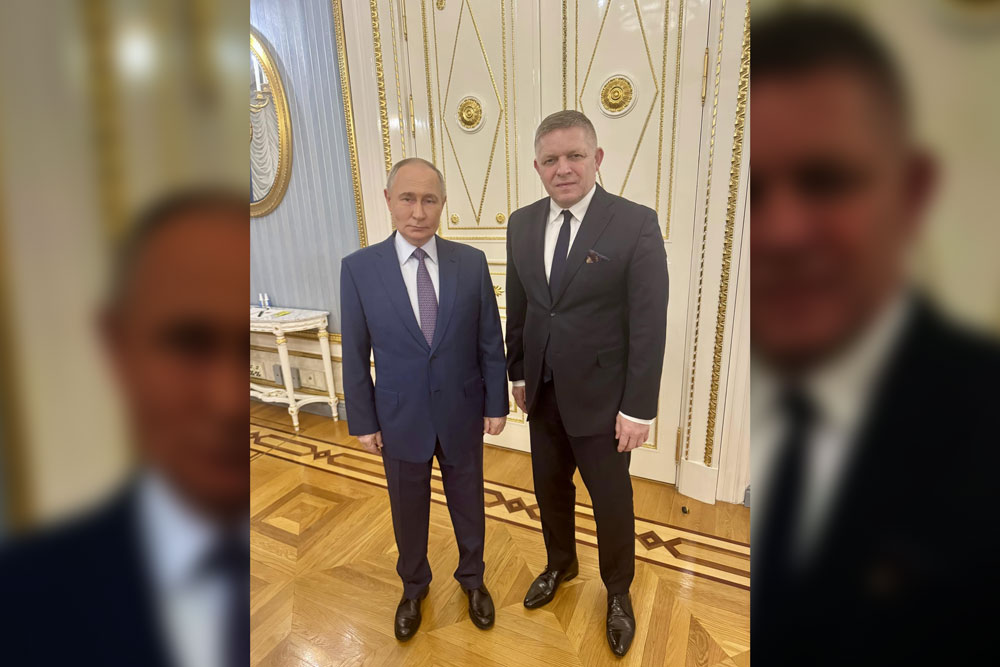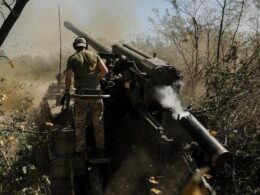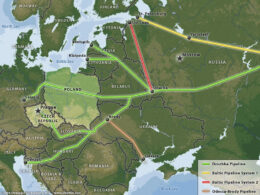A growing nationalist wave in Slovakia, Austria, Croatia, and Hungary is challenging EU and NATO unity, Bloomberg reports.
It casts doubt on continued support for Ukraine when it especially needs it amid US President Donald Trump's unclear statements on further aid for Kyiv.
Slovakia was among the first NATO countries to send military aid to Ukraine. However, Prime Minister Robert Fico's recent visit to Moscow signals a dramatic shift. His stance now mirrors that of Hungarian Prime Minister Viktor Orbán, who has consistently attempted to halt EU aid to Ukraine and pushed for lifting sanctions on Russia.
"Orban is no longer alone. The EU is likely to experience gridlock more and more frequently as it will struggle to overcome dissent from nationalists," said Gabor Gyori, a political analyst at Policy Solutions in Budapest.
Public frustration over soaring energy prices—widely blamed on the war—has fueled nationalist sentiment, strengthening far-right factions that oppose immigration, denounce aid to Ukraine, and align with Trump's policies.
Austria may soon elect its first far-right chancellor since World War II, who argues that sanctions contradict Austria's traditional neutrality.
In Croatia, President Zoran Milanović secured re-election by denouncing military aid to Kyiv, vetoing Ukrainian training, and condemning NATO expansion as "deeply immoral."
Other key pro-Ukraine governments are also vulnerable. In Romania, far-right candidate Călin Georgescu—who opposes NATO and praises Trump and Putin—unexpectedly won the first round of presidential elections last year. However, Romania's Supreme Court annulled the result, citing foreign interference, and scheduled new elections for May.
Slovenia and the Czech Republic are also witnessing a rise in nationalist opposition, while in Bulgaria, President Rumen Radev has openly called for lifting sanctions on Moscow.
Related:
- Russians accidentally drop another “smart bomb” on domestic territory
- Frontline report: Russians lose 400-km radar in Ukrainian drone strike spree
- Drones target Smolensk aviation plant, trigger oil depot fire in Voronezh Oblast
- Ukrainian forces master American V-BAT drone system




